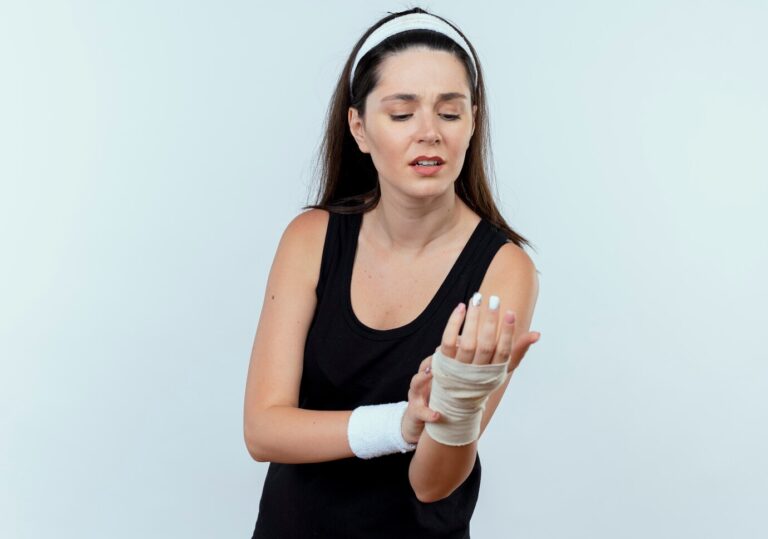Chronic wounds, often slow to heal, can significantly affect the quality of life. They commonly develop from underlying issues such as diabetes, limited mobility, or repeated pressure on specific body areas. While some factors are unavoidable, there are practical steps you can take to minimize the risk of developing these wounds. Here’s how to utilize preventative wound care and promote better overall health:
Regular Skin Examinations
Proactively checking your skin for changes is one of the simplest and most effective ways to prevent chronic wounds. A specialist in wound care can check for areas where the skin is red, dry, or broken, and monitor any cuts or bruises for signs of infection, such as swelling or discoloration.
Routine checks help you catch potential problems early. For seniors or those with mobility issues, consider enlisting the assistance of a specialist to inspect hard-to-see areas like the back, legs, and feet. Early detection prevents minor problems from escalating into severe, long-term wounds.
Proper Footwear
Your shoes play a significant role in preventing wounds, especially for people on their feet for long periods or with conditions like diabetes. Ill-fitting footwear can cause blisters, pressure sores, or cuts that might develop into chronic wounds. Opt for breathable shoes with proper arch support and adequate room for the toes. Choose ones made of moisture-wicking fabrics to reduce the risk of skin irritation or fungal infections.
Weight Management
Carrying excess weight can put undue pressure on various parts of the body, increasing the chance of pressure ulcers or skin breakdown. The development of wounds can be directly related to managing weight. Maintaining a healthy weight helps alleviate this pressure and reduces strain on joints, muscles, and skin.
Work towards an active lifestyle incorporating regular, low-impact exercise—walking, swimming, or chair aerobics. Balance this with nutrient-rich meals with lean proteins, healthy fats, and plenty of fruits and vegetables. If needed, connect with a healthcare professional to create a plan customized for your body and lifestyle.
Good Bedding and Sleep Positions
Surprising as it may seem, how you sleep, and the surfaces you rest on can influence your risk of chronic wounds, particularly pressure ulcers. Poor-quality mattresses or sleeping in fixed positions for extended periods can create excessive pressure on the hips, back, and shoulders. Bad sleeping positions lead to chronic wounds.
Invest in supportive bedding, such as pressure-relief mattresses or foam cushions, to evenly distribute body weight. Switching sleep positions regularly further prevents prolonged pressure on specific areas. If mobility is limited, seek assistance from a caregiver to make sure you’re changing positions safely.
Immediate Care of Injuries
Even minor wounds, if neglected, can lead to more difficult to address complications. When you sustain a cut, scrape, or bruise, treat it promptly. Clean the wound with mild soap and water, apply an over-the-counter antiseptic cream, and cover it with a sterile bandage. Keep an eye on the wound as it heals. If it takes longer than expected to improve or shows signs of infection, such as redness, warmth, or unusual discharge, consult a healthcare professional.
Seek a Wound Care Specialist
Chronic wounds can disrupt daily life but are often preventable with mindful habits and proactive care. You can significantly lower your risk by receiving regular skin checks, choosing proper footwear, managing your weight, using supportive bedding, and addressing injuries immediately. Paying attention to these details can make a difference in your long-term health. Find a practice that provides wound care to help avoid chronic wounds.

